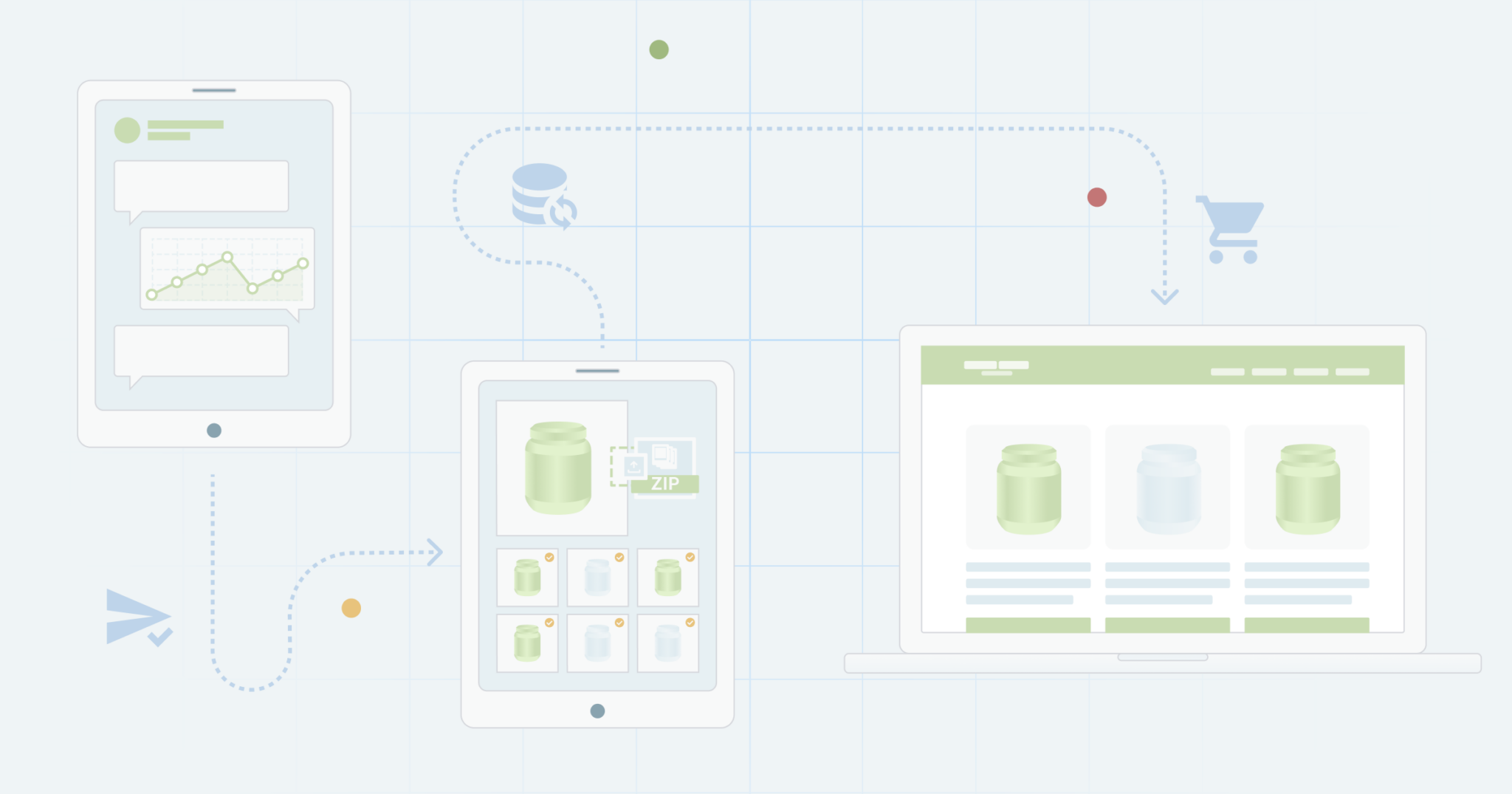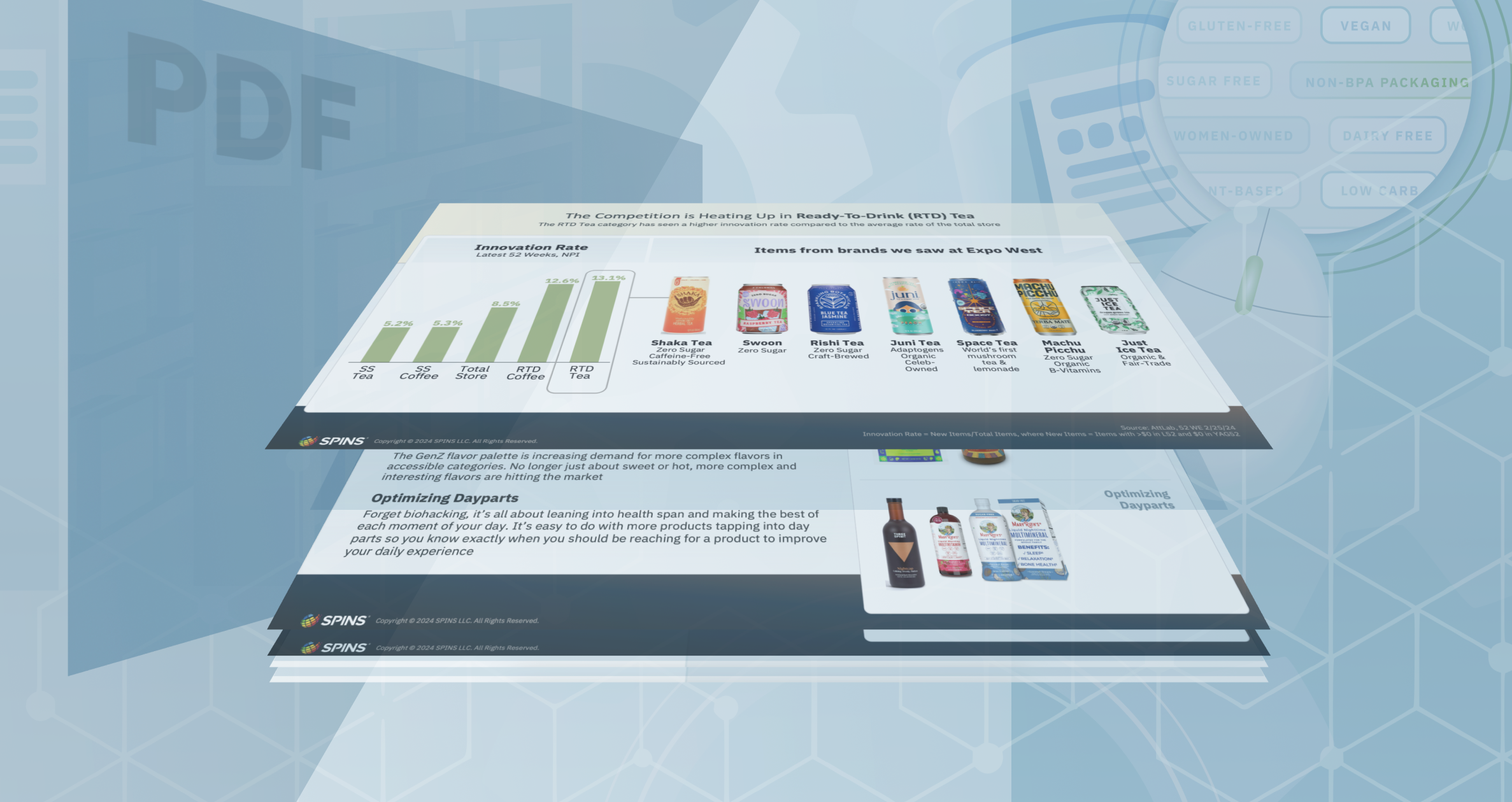Introduction

Product Intelligence helps ensure retailers know as much—or more—about the products they stock as the shoppers that buy them. Properly applied, this helps create memorable shopping experiences that help increase shopper loyalty and frequency.
This is possible because modern Product Intelligence solutions break product data into its component attributes making it easy to understand how innovative products map to shopper values. Oftentimes modern solutions automatically evaluate label data such as ingredients and nutrition facts and enrich product data with additional attributes that aren’t explicitly spelled out on the label. In doing so, retailers gain access to a rich foundation of product data that acts as a catalyst for business transformation that supports advanced shopper experiences. Having this data allows retailers to move faster without wasting time waiting for data to be available or filling in basic data gaps like product images.
While Product Intelligence can do a lot more than enhance the shopper experience, it is the most visible application of the technology and a good way for retailers to pilot new solutions. For many retailers, this can be as simple as:

- Deploying Product Intelligence to category and merchandise managers to ensure a unified view of their assortment and support streamlined data onboarding
- Passing data downstream to other internal adopters, e.g.:
- eCommerce teams to ensure no search goes unanswered, e.g., via enhanced product discoverability and filtering
- Health & Wellness teams to support the creation of nutrition programs for shoppers
- In-store merchandising, e.g., Product-Intelligence-powered shelf tags, shelf planning
- Research & development to capitalize on emerging consumer trends, e.g., for new private-label products
- Automating regulatory standards to streamline approvals, e.g., automated verification of ingredient lists
- Loyalty programs, e.g., creating personalized recommendations based on purchase history
- Working with their Product Intelligence partner to keep the data up-to-date
It’s important to recognize that the shopper experience is an inherently cross-functional initiative that needs to span several departments and functions within retailers. It’s also important to recognize that experience optimization isn’t just about knowing your shoppers—having shopper data and connecting shoppers to the products they’re looking for are two completely different animals. Shopper data alone doesn’t help them discover new or existing products they may never have even heard of.
When it comes to deploying experience optimization for retailers, keep these three points in mind:
- Experience optimization is key to creating loyal shoppers. Retailers differentiate based on their assortment and the products they sell significantly affect shopper perception. Product Intelligence helps convey assortment differentiators to shoppers and identify new products based on key shopper trends.
- Product Intelligence has cross-functional benefits for retailers and isn’t limited to one department or use case. Effectively applied, Product Intelligence enhances cross-department efficiencies across eCommerce, merchandising, in-store planogramming, private label research & development, and more.
- Strong Product Intelligence solutions require significant automation capabilities supported by strong customization options to ensure seamless integration into existing retailer workflows.
Combining what retailers already know about their shoppers with granular product data is the key to accurately mapping shopper values to innovation and identifying which attributes are truly driving consumer behavior.




